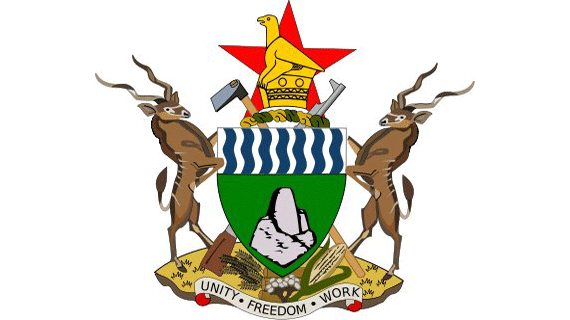
THE adoption of a new Constitution in Zimbabwe was a progressive step towards the full realisation of the fundamental rights and freedoms as well as improved accountability, transparency and efficiency by the government of Zimbabwe.
The inclusion of a new comprehensive declaration of rights, introduction of various commissions and other institutions supporting democracy provides space for human rights practitioners to embark on advocacy initiatives.
However, it has to be noted that all these progressive provisions have not been complimented with respect, improved compliance and strong, impartial enforcement by the government which poses a threat to the rule of law and constitutionalism.
There is also a high likelihood that this blatant disregard of the rule of law and the snail’s pace in implementing the new Constitution will negatively affect the confidence of Zimbabweans in the Charter.
The government is currently working on over 450 pieces of legislation to align them to the Constitution and it is therefore critical for the public, human rights defenders and Civic Society Organisations to take keen interest in the compilation of these laws to ensure that they are in full compliance to the Charter through crafting position papers as well as research material to influence lawmakers and decision-making.
A concerted effort is required to ensure improved compliance to the letter and spirit of the Constitution and promote a culture of constitutionalism as well as engaging with State authorities to encourage full compliance to the new charter in all government business.
Constitutional and other public interest litigation remains critical in safeguarding the constitution, enforcing the rights and self actualise the constitution to realise its true meaning to ordinary Zimbabweans. There is need to engage in constitutional literacy drive (Chapter 1 section 7) by engaging in a mass public awareness programme meant to enhance knowledge on the new constitution and sensitise ordinary citizens to be more interested in respecting and promoting their rights.
In addition, there is also need to constantly monitor the state’s compliance with the new charter coupled with incessant engagements with all arms of government.
- Chamisa under fire over US$120K donation
- Mavhunga puts DeMbare into Chibuku quarterfinals
- Pension funds bet on Cabora Bassa oilfields
- Councils defy govt fire tender directive
Keep Reading
Beyond August 2013 (after the 2013 elections), little has been done to ensure that the provisions of the Constitution are complied with. Progress in this matter is moving at a snail pace. The result in an unpalatable situation where the Constitution offers so much hope on paper and has little to offer in practice. This is a cause for concern among Human Rights organisations who advocate for institutional accountability in fulfilling the promise of the Constitution.
Institutional accountability in ensuring compliance with the constitution is the duty of every citizen of Zimbabwe. Most of the Zimbabwean citizens may not be aware of the rights and entitlements they possess.
It is for this reason that efforts must be made to ensure that they are empowered with appropriate information on the provisions of the constitution so that understand their rights and adhere to the rule of law in a spirit of self-reliance and self-determination and make autonomous decisions with regards to their welfare.
The first step towards the realisation of this goal is obviously, simplifying the text and translating the Constitution so as to make it easy for the ordinary citizen to comprehend the legal jargon.
Translated copies of this simplified material will go a long way in deepening the understanding of the citizens of constitutional issues. On one hand, Parliament has a role to play in amending the existing laws in order to align them with the new constitution. On the other hand, the constitutionality of the laws can be tested by bringing them before the court for scrutiny through test cases.
It is therefore imperative to conduct community outreaches and document the experiences of communities on constitutional matters and identify possible litigation areas which can be used a spring board for testing the constitutionality of existing laws.
The main focus has to be on the recently introduced socioeconomic rights such as water, health, shelter, education among others.
These rights may remain a pipe dream as long as no action is being taken to ensure that they are realised by decision makers in several institutions and agencies of government.
Moreover, because some of the provisions of the Constitution still have not been actioned, such as provincial councils, the gender commission, the national peace and reconciliation commission this delay is crippling decision making and progress of human rights issues identified above.
Some of the institutions and agencies of the State tasked with specific constitutional duties do not seem to appreciate their roles proven by the docile nature with regards actioning the provisions of the Constitution.
For instance, the chairperson of the Zimbabwe Human Rights Commission, when called upon to give oral evidence before the parliamentary portfolio committee of Justice and Legal Affairs, told Parliament that the commission was under resourced and was failing to defend the government in international fora.
This gap calls for the development of clear monitoring tools which are designed to establish the extent to which the bodies given charge over specific constitutional issues are complying with what is required of them by the constitution as well as to measure the quality of their performance.
These monitoring tools will need to be crafted and administered by trained cadrés knowledgeable on the subject of the Constitution, governance and human rights.
Mukwewa is a member of Abammeli Lawyers for Human Rights. He writes on his personal capacity.










